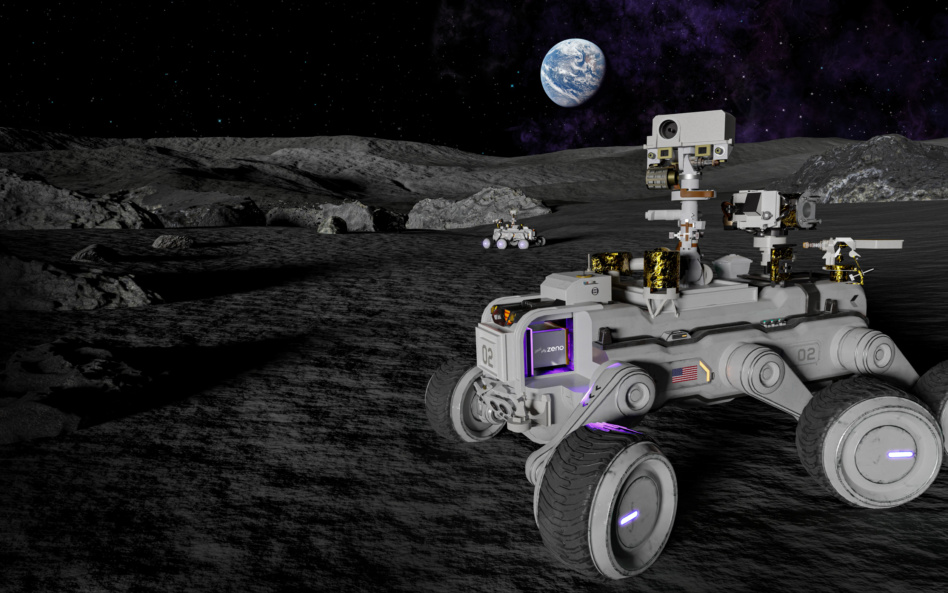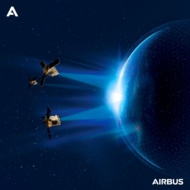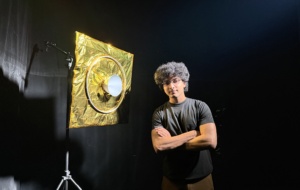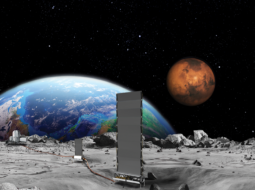Zeno Power, the Seattle-based nuclear battery startup, today announced the appointment of AC Charania, the former NASA chief technologist, as its new SVP of space business development.
Charania, who also recently signed on as an advisor for Balerion Space Ventures, brings 25+ years of experience at many of the biggest names in the space industry, including:
- A 12-year stint at SpaceWorks Enterprises, eventually leading its commercial division, and founding a subsidiary launch services company called Generation Orbit.
- Four years at Virgin Galactic, building the company’s strategic roadmap and helping to develop the LauncherOne vehicle (which is no longer launching after subsidiary Virgin Orbit went bankrupt).
- Five years at Blue Origin, developing Blue’s lunar program (among other projects).
- Most recently, serving as NASA’s chief technologist, driving the agency’s long term technological investment before stepping down in April.
Powering up: Founded in 2018, Zeno is developing nuclear batteries. These batteries use the heat from unstable radioisotopes to power systems in extreme environments, where traditional batteries and solar power units are less reliable. The company recently secured a $50M Series B to support the first full scale terrestrial demonstration of its nuclear battery in 2026.
Zeno has also landed more than $60M in government contracts to develop its technology, which has applications across the DoD and civil space landscape. But Charania’s job at the helm of Zeno’s space business is to scale up the company’s revenue stream, by selling products for the full gamut of future deep-space missions.
“The excitement and challenge at Zeno is to bring that further, and to accelerate it into viable product lines that are not just one-off development programs, but…repeated product lines,” Charania told Payload. “How can we have more of these units across the solar system?”
Spinning the rolodex: While Zeno has grand commercial ambitions, many of the upcoming deep-space missions—where Zeno’s technology would be needed—are still government-led. At a time when US civil space spending is increasingly at risk of being cut, Charania feels confident that there’s still room for Zeno to participate in future missions to the Moon, Mars, asteroids, and even further afield.
Luckily for Zeno, the Trump administration is bullish about lunar and Mars exploration, and has signaled that more commercial partnerships are on the way for future NASA projects.
“We’re in a period of change with NASA, but I think there’s still appetite to go explore the Moon, to accelerate our journey to Mars. And so there are opportunities there, along with all the strategic areas of interest for the Space Force,” Charania said. “[There’s] still a lot of appetite, in terms of missions, that the Zeno product lines can help enable and at scale.”




